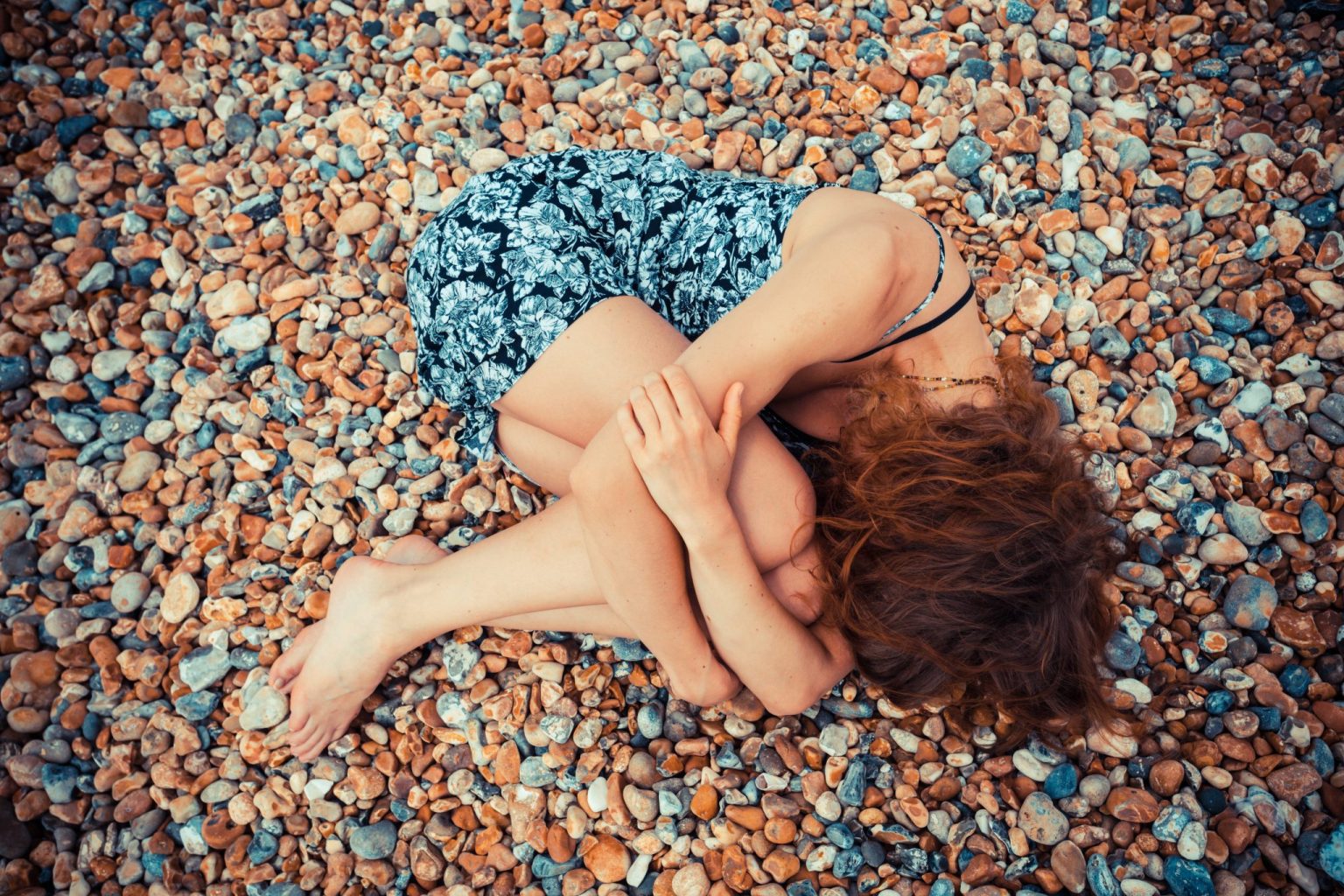I’m going to say it directly: right now, I’m sad; really, really sad. It’s that kind of unidentifiable sadness that slurps up from the depths of your being, crying out for attention, crying out for redirection.
A lot of this sadness is old:
as I dive deeper into my acting work and the alchemy of therapy I have encountered these younger versions of myself I thought were safely tucked away, these wounded young girls that are finally ready to be integrated. It is powerful, deeply healing work: bringing these little girls into the light, letting them be seen, letting them speak their pain, their big emotions. I am able to tell them that it’s okay for them to exist now, that they aren’t too much anymore, that they will be accepted.
A lot of this sadness is universal:
when you are aware enough of the world to perceive even an inkling of the global violence, poverty, human rights abuses, and devastating environmental destruction that is going on, un-abated, how can you not be incredibly, fundamentally, sad? It requires a certain level of disassociation to function in a world that has so much suffering, so much blindness in it.
And a lot of this sadness is alive and present in the moment:
the sadness of all the compromises it takes to pursue the life of an artist without a benefactor. The hours I spend doing work that is less meaningful, impactful, or important as my heart longs for so that I may someday contribute something great to the human collective.
And it is so incredibly tempting to stuff this sadness I feel, to disconnect from it. To check out, run away, ignore, or smother the sadness with one of my masks. I have quite a collection, quite beautiful too. I don’t think I’m alone in having a very loud internal judge that HATES and AVOIDS sadness at all costs. As women we’ve been socialized to put others needs above our own, so nearly every time an unpleasant feeling begins to bubble within us we run for the well-worn happiness/positivity costume, or the vivacious and charming personality algorithm. It’s a survival mechanism: feel, fear, resist, repeat. But it’s one we have to drop if we want to change the world.
And so I’ve been sitting with, and getting to know my sadness. I’m letting her out. I’m telling her that she doesn’t have to hide in the corners amongst the daily detritus of scattered thoughts. She doesn’t have to dive down the well of the binge or bender. She doesn’t have to have tantrums of procrastination and undirected frustration. It’s okay for her to be alive, to let me know that she’s there, and to do her work: her incredibly transformative and ultimately creative work! This process of accepting sadness is like turning on an internal engine I didn’t know existed. Sadness has energy. Sadness demands attention. Sadness can create allies, and bring forth support. Sadness can call attention to what no longer serves us. And sadness can provide an unlimited supply of inspiration for art.
The work of the storyteller is similar to that of the magician or shaman of ancient cultures. We collect the stories of the present moment and we channel them through our instrument to give to our community, so that their emotions can be touched, transformed, and released. We tell stories so every person can find meaning and connection to the great story of life. If this is our role, and our mission, it takes a lot of courage to discover and integrate all the hidden parts of ourselves. We must be so aware of what we feel, so that we can tap in and translate the experience of the other, to others, allowing catharsis. This takes an incredible amount of discovery, and acceptance. We must live fully in each of our emotions, and embrace them as an old friend, no matter who they are or when they come knocking on our door.
So my challenge is to be gentle and welcoming to the sadness inside me. To sit down with her for tea, take her on a run, and begin to listen to what she has in store for me. I invite you all to do the same. Be kind to your sadness. Once you do, you’ll start to rediscover those parts of yourself that you’ve missed or lost along the way, the passions and energy you tucked away in order to avoid emotions that felt too large for yourself or the world around you to handle. Use sadness as the creative engine she can be. Welcome her, invite her to stay awhile, and listen to what she has to say.

